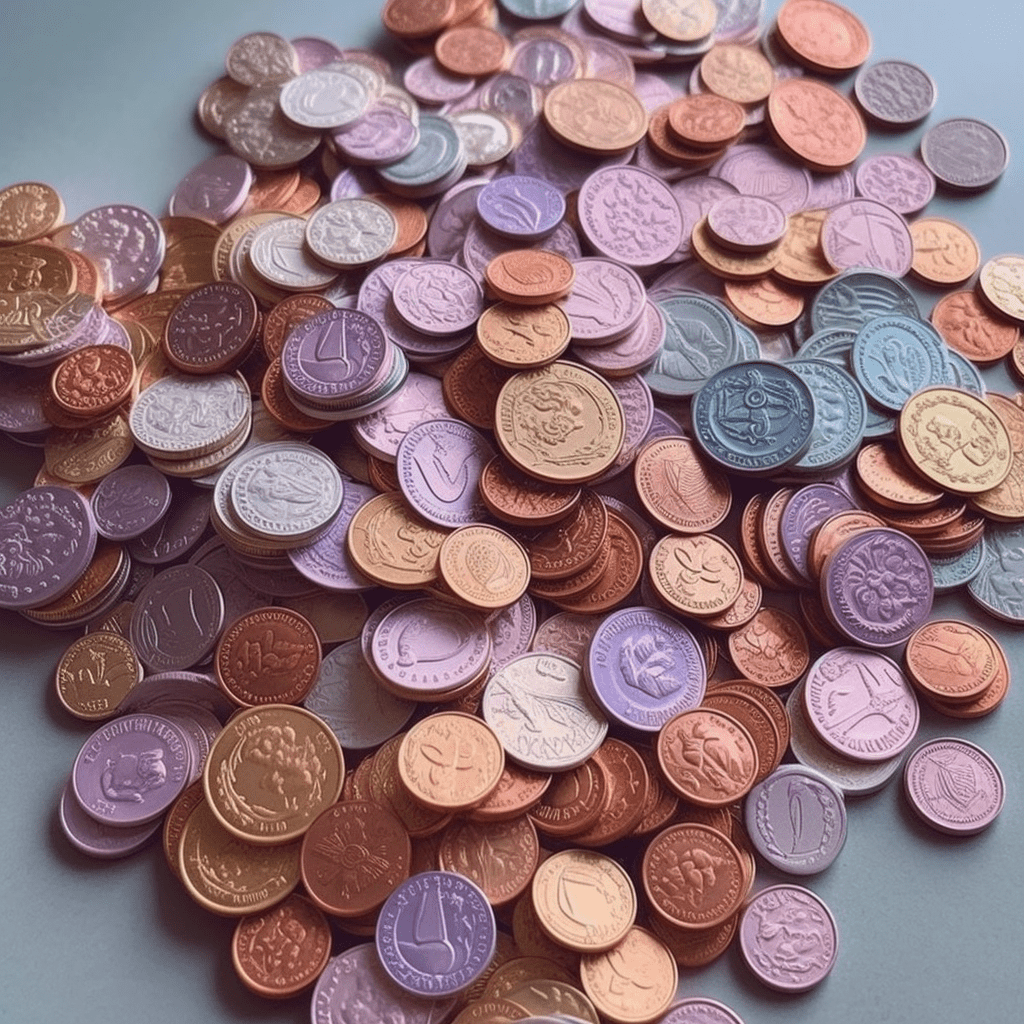Delving into the world of non-fungible tokens (NFTs) can be both thrilling and daunting for new collectors. To make the most of this experience, it’s essential to understand the key terms related to NFT collecting. This article focuses on must-know NFT terminology, providing a solid foundation for building and managing your digital art and collectibles collection.

Non-Fungible Token (NFT)
An NFT is a unique, indivisible digital asset that signifies ownership and authenticity of a specific item or content. NFTs encompass various forms of digital art, collectibles, music, and more. Their distinct attributes and metadata ensure uniqueness and scarcity.
Blockchain
A blockchain is a decentralized and distributed digital ledger used to record transactions and secure data through cryptography. NFTs are created, stored, and traded on blockchains, predominantly Ethereum. Alternatives include Binance Smart Chain, Solana, and Flow, each with their benefits and drawbacks regarding fees, community support, and marketplace adoption.
Smart Contract
A smart contract is a self-executing digital agreement with the terms encoded directly into computer code. Smart contracts are employed in NFT creation, transfer, and management and can include features such as royalties, ownership transfers, and more.
ERC-721 and ERC-1155
ERC-721 and ERC-1155 are Ethereum-based token standards that facilitate the creation and management of NFTs. The ERC-721 is the original non-fungible token standard, while ERC-1155 allows for both fungible and non-fungible tokens within one contract, increasing flexibility and efficiency in digital asset management.
Minting

Minting is the process of creating an NFT and adding it to the blockchain. Digital assets are uploaded, assigned unique identifiers, and provided with metadata, ensuring their distinctiveness and scarcity.
Metadata
Metadata refers to the descriptive information associated with an NFT, including aspects like title, creator, description, and unique features. Metadata allows potential collectors to assess the value and appeal of an NFT before acquiring it.
Gas Fees
Gas fees are transaction costs incurred when minting, transferring, or interacting with NFTs on certain blockchain networks, such as Ethereum. These fees compensate miners or validators for maintaining network security and processing transactions.
Digital Wallet
A digital wallet is a software application that securely stores and manages cryptocurrencies, NFTs, and other digital assets on a specific blockchain network. To mint, buy, or sell NFTs, collectors must have a compatible wallet like MetaMask, Trust Wallet, or Ledger.
Royalties
Royalties enable creators to receive a percentage of the sale value when their NFTs are traded on secondary markets. By leveraging smart contracts, creators can set a predetermined royalty percentage, ensuring ongoing compensation for their work.
Provenance
Provenance refers to the ownership history and authentication of an NFT. Transparent and verifiable provenance tracking is made possible by blockchain technology, helping collectors assess an asset’s rarity, value, and legitimacy.
NFT Marketplaces
NFT marketplaces are digital platforms where collectors can mint, buy, sell, and discover non-fungible tokens. Examples include OpenSea, Rarible, and Foundation, which cater to different niches, blockchain networks, and token types, offering a diverse range of options for NFT collectors.
Floor Price
The floor price is the lowest asking price for an NFT within a specific collection or project. It serves as a benchmark for the minimum value of an asset and helps potential buyers quickly gauge the entry price for a particular NFT.
Auction

Auctions are a popular sales mechanism in NFT marketplaces, where buyers place bids on assets during a defined time period. Once the auction ends, the highest bidder wins and acquires the NFT. Auction dynamics, such as reserve prices, can be employed to protect the seller’s interests.
Dutch Auction
A Dutch auction is a specific type of auction in which the listing price of an NFT starts high and gradually decreases over time. Buyers can choose to purchase the item at any time during the auction, balancing their willingness to pay against the risk of someone else buying the asset first.
In conclusion, understanding NFT jargon is crucial for collectors looking to navigate this emerging digital landscape successfully. By familiarizing yourself with these must-know terms, you’ll be well-equipped to build and manage your collection, actively participating in the exciting world of digital art and collectibles.
